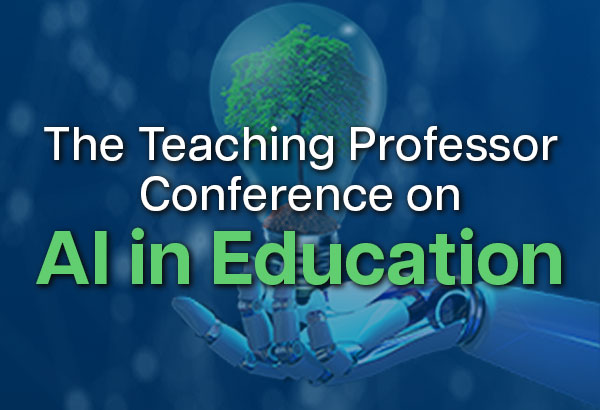Six Ways to Improve Your Department’s Teaching Climate
In the same way a classroom’s climate is created jointly by teacher and student actions, a department’s teaching climate results from collective contributions. Of course, department chairs and other administrators play key leadership roles, but they alone are not responsible for creating the teaching climate. We all contribute by what we say and do regarding teaching. Sometimes we say and do nothing, and this too becomes part of the culture.



